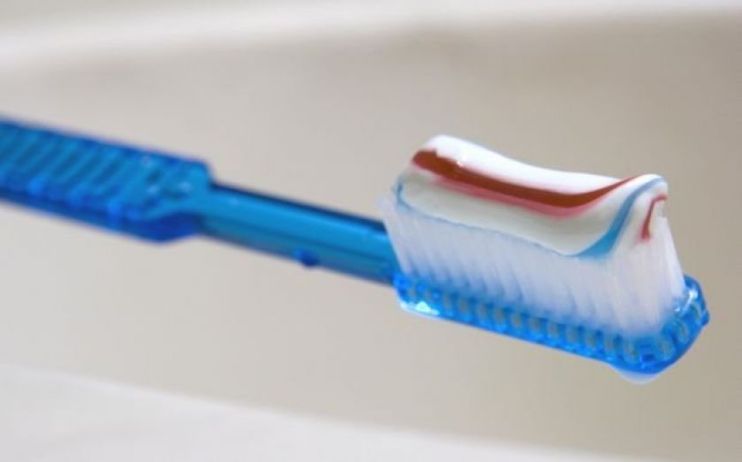Haleon: Chinese re-opening powers GSK spin-off to ‘consistent’ growth

Strong sales of toothpaste and painkillers contributed to healthy results for Haleon, the newly-formed consumer healthcare firm spun out of GSK last year.
In the first half of 2023, the Surrey-headquartered company’s revenue increased to £5.7bn, up 10.6 per cent compared to the same period last year.
This was driven by Haleon’s ‘power brands’, such as Sensodyne, Panadol, Denture Care and Otrivin nasal spray, which as a group grew 10 per cent in the six months to 30 June.
Sales were also boosted by a significant uptick in both pain relief and cold and flu medication in China, with the country finally coming out of Covid-19 restrictions.
Adjusted operating profit for the British multinational also rose to £1.3bn, a rise of 8.9 per cent from the first half of 2022.
Haleon began trading on the London Stock Exchange last July after pharmaceutical company GSK separated its consumer healthcare business from the group.
“One year from listing, we are very pleased with Haleon’s first half results,” said Haleon chief executive Brian McNamara.
“Operating results constant currency were strong, underpinning the increase in full year organic sales growth and adjusted operating profit constant currency guidance shared today. At the same time, we will continue to invest in the business for long term sustainable growth.
“Looking ahead, whilst we continue to expect a challenging environment given further pressure on consumer spending and global geopolitical and macroeconomic uncertainties, we remain confident in the resilience of Haleon’s incredible portfolio of category leading brands,” he added.
For the fiscal year 2023, Haleon have raised growth forecasts up slightly to between seven and eight per cent.
Shares in the firm slumped 1.5 per cent on Wednesday morning.
Derren Nathan, head of equity analysis at Hargreaves Lansdown, said the fact that cold and flu only account for two percentage points of overall growth, shows “the benefits of Haleon’s diverse range of consumer health products.”
He added that with price being the main contributor to growth of the so-called ‘power brands’, “it was pleasing to see that volume was also in positive territory.”
“There’s no denying the strong execution so far at Haleon, and that’s reflected in the high teens rating. With a relatively low yield compared to the competition, and the prospect of continuing sell downs from Pfizer and GSK, Haleon needs to keep delivering if it’s to convince investors it’s a better buy than its peers,” Nathan said.
In May the company reported that a cold and flu season and the end of Chinese lockdowns contributed to a revenue boost for Haleon as share price was up 11 per cent since the spin-out from GSK, representing one of London’s more successful recent floats.